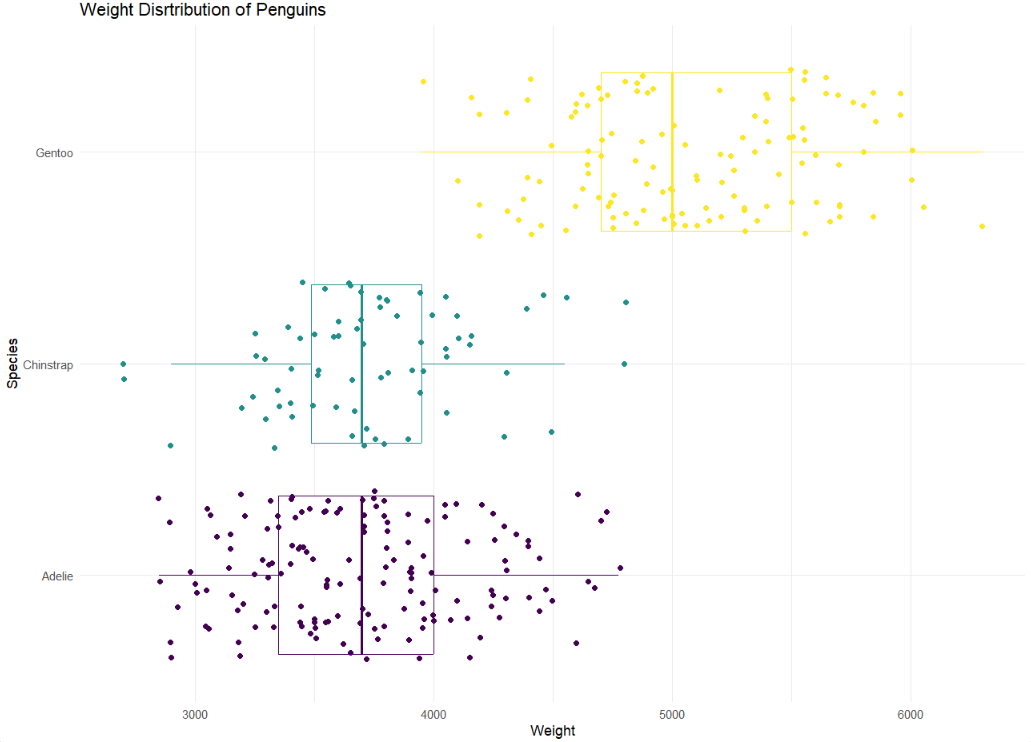Data Viz II
Lecture 4
Duke University
STA 199 - Fall 2023
2023-09-07
Checklist
– Are you in the GitHub organization?
– Go to our GitHub. This link is also at the bottom of our slides. Make sure you log into Git to see your repos!
– Do you see hw-01 & ae-03? If not, this is your final warning to come talk with us!
– Here is a public repo for today if needed: ae-03
Do not click and clone the public repo if you have a personalized repo. This is the last class we will have a public repo.
– Keeping up with the Prepare link on course website
– Try cloning AE-03! We will also do this together as a class.
Goals for today
– More Plots!
– More practice with R
Announcements
HW-1 is out now; due September 12th at 11:59 on Gradescope.
– Mark all the pages associated with exercise
– Do not select any pages of your PDF submission to be associated with the “Workflow & formatting” question.
Announcements
– AEs will be checked for “completion” next week
– All due on Friday at 11:59 pm
– Answer keys will be posted shortly after
Announcements
R update should be coming soon
Warm Up
Practice reading the following code as a sentence
mtcars: The data was extracted from the 1974 Motor Trend US magazine, and comprises fuel consumption and 10 aspects of automobile design and performance for 32 automobiles (1973–74 models).
mtcars |>ggplot(aes(x = mpg, y = wt)) +geom_point()Warm Up: Syle Guide
Based on the style guide, how can the code below be improved?
iris |>filter(Species == "setosa") |>ggplot(aes(x = Sepal.Width, y = Sepal.Length))+ geom_point()Warm Up: Syle Guide
– + should always have a space before it, and should be followed by a new line
iris |>filter(Species == "setosa") |>ggplot(aes(x = Sepal.Width, y = Sepal.Length)) +geom_point()ae-02
Recreate Graph

Recap of AE
– Construct plots with ggplot().
– Layers of ggplots are separated by +s.
– Aesthetic attributes of a geometries (color, size, transparency, etc.) can be mapped to variables in the data or set by the user.
– Use facet_wrap() when faceting (creating small multiples) by one variable and facet_grid() when faceting by two variables.
